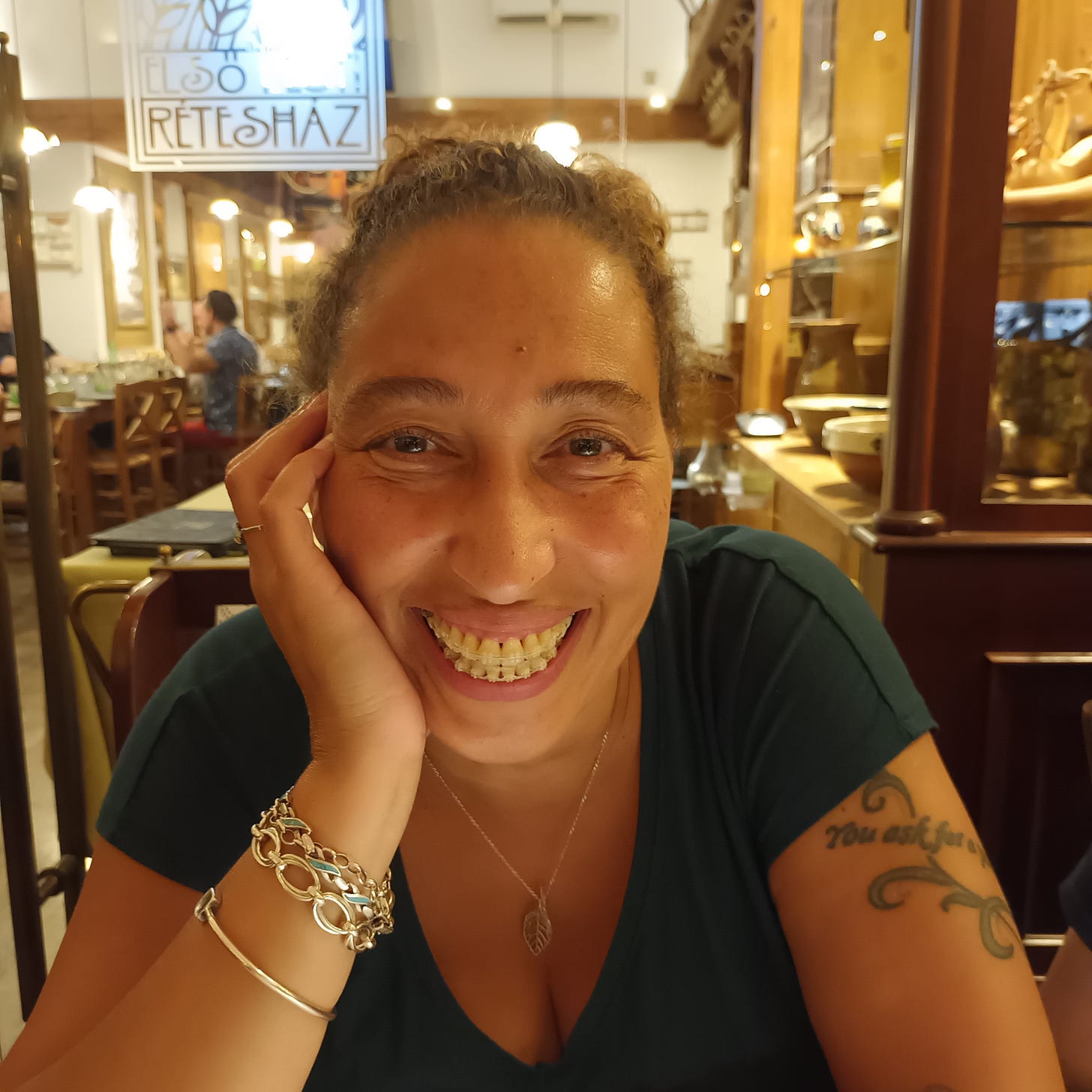Emma Norry: “I’m not denying anything, but I can’t fully own it”
The author on not knowing her heritage, writing her past traumas and mixedness as humanity
Hi, welcome back to Mixed Messages! This week I’m speaking to author Emma Norry, who is of mixed heritage. Emma’s new novel, Fablehouse, follows Heather as she joins other mixed-race kids in care at Fablehouse, a mysterious mansion with more to discover than first meets the eye. The story draws on Emma’s own experiences being mixed and in care, and how …


